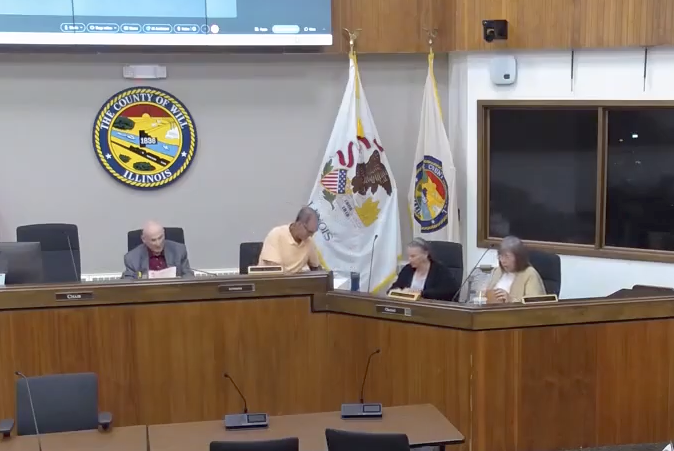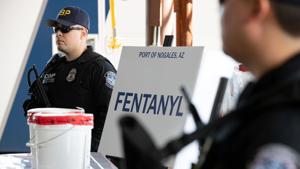
Early morning vote advances Illinois’ ‘Terminally Ill Patients Act,’ sparks outcry
(The Center Square) – A controversial bill allowing terminally ill patients in Illinois to self-administer life-ending medication passed the legislature early Friday, sparking fierce debate over its substance and process.
On the Senate floor at about 3 a.m., state Sen. Linda Holmes, D-Aurora, said her bill, the “Terminally Ill Patients Act,” would let adults with less than six months to live request a prescription to self-end their suffering.
“Very, very simply, this allows a person … age 18 or older who receives a diagnosis of six months or less to live and is mentally competent to make an informed decision to have the option of self-administering a prescription to end their suffering,” said Holmes.
Holmes says the bill includes over 20 safeguards, including confirmation from two physicians that the patient has six months or less to live, mental competency evaluations, waiting periods between requests, and written consent to ensure the decision is voluntary and free from coercion.
State Rep. Bill Hauter, R-Morton, counters that even with such measures, the bill violates doctors’ “do no harm” oath and could easily expand beyond its intended limits.
“Every state and country that’s tried it starts by saying it’s only for those with weeks to live, but it quickly expands to any age or condition, and before long, patients aren’t just offered it as an option, it becomes the only option.” Hauter noted concerns about insurance incentives.“The least expensive care is that you’re dead and they don’t have to pay for your expensive cancer treatment or whatever chronic disease you may have.”
Hauter warned that the bill lets patients obtain and use the medication without any medical supervision, a concern shared by the Illinois State Medical Society and the American Medical Association, which say it fundamentally violates physicians’ oath to “do no harm.”
“It’s not at a hospital at all, there’s no requirement to have any medical personnel around,” he said. “You could have a whole bowl of pills, mailed to your house, with no oversight. Pharmacies are going to opt out, so only a few will dispense them. and then what? They’ll start mailing them,” Hauter told The Center Square.
State Sen. Laura Fine, D-Glenview, framed the measure as an act of mercy.
“This is not suicide,” Fine said. “This is compassion.”
Hauter also blasted the late-night passage process, calling it “outrageous” that such a major policy was approved about 2 a.m. with little public notice or debate.
“The process stinks. They could have brought this up during the hundreds of hours we’ve been doing nothing, when stakeholders could have had their voices heard. Instead, they abruptly bring it to the floor at 2 a.m. in the fall veto session, one of the most controversial and impactful pieces of legislation, with no warning. It’s just outrageous,” said Hauter.
If the bill is signed into law, Illinois would join 11 other states and Washington, D.C., in legalizing some form of physician assisted suicide.
Latest News Stories

Senators, pro-life group seek answers on FDA approval of abortion pill

Cartel bounties on ICE agents similar to bounties placed in Texas communities for years

Trump slices China fentanyl tariff in half following meeting with Xi

Senior Shared Housing Facility Recommended for Approval in Crete Township

Trump orders Department of War to begin testing nuclear weapons

WATCH: Tax proposals draw questions from Pritzker and GOP state rep

Illinois quick hits: Former sheriff’s deputy guilty in Massey murder; appeals court intervenes in Bavino case

WATCH: Warnings of higher IL property taxes heard as pension bill advances

Top-selling automaker confirms U.S. investment, but no details yet

Fentanyl poised to take center stage during Trump, Xi meeting

‘Outrageous’: Lawmakers bash Biden admin for targeting, surveilling 156 Republicans

WATCH: Cruz calls on House to impeach federal judge over subpoenas of Republicans

WATCH: Pritzker declares agricultural trade ‘crisis’ while Trump touts new deals

Amnesty International condemns U.S. strikes on suspected drug boats
